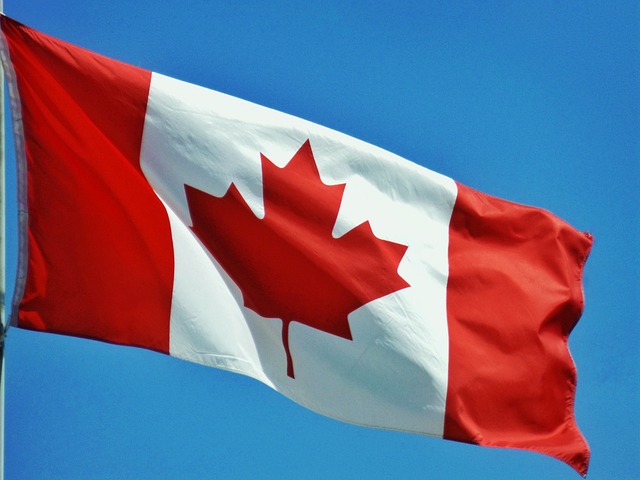IRCC Unveils Study Permit Allocations for Every Canadian Province
In a recent announcement, Immigration, Refugees and Citizenship Canada (IRCC) unveiled its methodology for allocating study permits to each Canadian province for the year 2024. This allocation is based on several factors, including population size and approval rates. Let’s delve into the details to understand how this allocation process works and what it means for international students aiming to study in Canada.
Allocation Methodology Unveiled
IRCC clarified that each province would receive a portion of study permits based on its population size. Without adjustments, this method could lead to disparities, with some provinces receiving more international students than others. To address this, IRCC made adjustments to ensure fairness across all provinces.
Provinces with a projected increase in international students for 2024 had their allocations capped at 10% of their population. Additionally, provinces with approval rates below 60% received a top-up to help them meet their expected number of approved study permits.
Key Highlights of Allocations
Ontario Leads the Pack: With the largest population in Canada, Ontario received the lion’s share of study permits, totaling 235,000. However, the province revealed that the majority of these permits, 96%, would be allocated to public universities and colleges, leaving limited spots for private institutions.
Quebec’s Significant Allocation: Quebec, known for its distinct cultural identity, received a notable allocation of 117,917 study permits after adjustments for population and approval rates.
British Columbia’s Equal Distribution: British Columbia announced an allocation of 83,000 study permits, evenly distributed between public and private institutions, showcasing a balanced approach to international student intake.
Provincial Breakdown
Here’s a comprehensive breakdown of the final allocation for each province and territory:
| Province/Territory | Allocations (Before Adjustments) | Projected Study Permits Approved | Change from 2023 (%) | Top-Up | Revised Allocations with Top-Up | Projected Study Permits Approved (same as B) |
|---|---|---|---|---|---|---|
| Alberta | 40,894 | 24,537 | +10 | N/A | 40,894 | 24,537 |
| British Columbia | 83,000 | 49,800 | -18 | N/A | 83,000 | 49,800 |
| Manitoba | 15,233 | 9,140 | -10 | 3,420 | 18,652 | 9,140 |
| New Brunswick | 9,279 | 5,567 | -10 | 5,372 | 14,651 | 5,567 |
| Newfoundland and Labrador | 2,365 | 1,419 | +10 | 788 | 3,153 | 1,419 |
| Northwest Territories | 333 | 200 | +4900 | N/A | 333 | 200 |
| Nova Scotia | 12,906 | 7,744 | -10 | 7,472 | 20,378 | 7,744 |
| Nunavut | 333 | 200 | +6567 | N/A | 333 | 200 |
| Ontario | 235,000 | 141,000 | -41 | N/A | 235,000 | 141,000 |
| Prince Edward Island | 2,004 | 1,202 | -10 | 308 | 2,312 | 1,202 |
| Quebec | 72,716 | 43,629 | +10 | 45,202 | 117,917 | 43,629 |
| Saskatchewan | 12,043 | 7,226 | +10 | 3,011 | 15,054 | 7,226 |
| Yukon | 417 | 250 | +205 | N/A | 417 | 250 |
| Total | 486,523 | 291,914 | -28 | 65,572 | 552,095 | 291,914 |
The allocation of study permits in Canada for 2024 reflects a balanced approach to international student intake, ensuring fairness across provinces and territories. By considering population size, approval rates, and projected increases in international student numbers, IRCC aims to provide equal opportunities for students seeking to study in Canada. This transparent allocation process underscores Canada’s commitment to fostering a diverse and inclusive learning environment for all.




